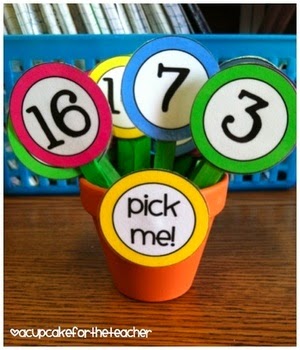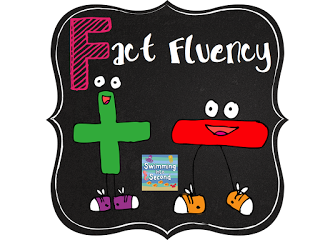I was racking my brain to come up with a word that started with E. Then, it came to me. If your district is like my district, evaluations have become a huge part of your school life.
I am a lead teacher at my school. That means that I observe other teachers and evaluate their lessons. This is a really awkward position to be in at times because I am still a teacher too. One of my favorite things about doing these evaluations is how much I have learned from observing other teachers. I can sit in a training all day and learn a few things but I learn most from watching others teach.
Here are some of my tips for a successful evaluation:
Speak slowly.
When you get nervous, you automatically speak faster. It’s natural. It’s difficult for your observer to keep up with you when you speak so quickly. We have to type pretty much everything that the teacher says on a tiny little iPad keyboard. If you speak slower, your observer will get more evidence of you doing all the wonderful things that you do in your lesson.
Have a plan for questioning.
One thing that I have noticed about myself is that when I am observed, I have a tendency to call on the same kids because I know that they will know the answer. I had to make a plan for how I was going to call on different kids and what I would do if they couldn’t answer my questions. “Pick-me sticks” are a great solution to this problem.
These freebies are from Teri from A Cupcake for the Teacher. Be sure to leave her some feedback if you download them.
When students can’t answer your question, think about what you want to do. Do you want them to phone a friend? Do you want to move on to another student and then have the original student repeat the answer? Decide before your lesson and practice this with your students.
Stick to your routine.
If you don’t ever do group work and you decide to throw it in during your evaluation, it’s going to be really obvious that the students have no idea what they are doing. Do what you normally do and your evaluation is going to go so much smoother.
Be creative.
Don’t feel like you have to stick with everything that goes along with your reading series or math series. (This does somewhat depend on your district or school.) Creative lessons are going to better engage the students and this should really help your scores.
Be flexible.
If you are in the middle of your lesson and your students aren’t getting it, feel free to improvise and change your lesson to fit where the struggle is. Change your materials, change your activity, pair students up, or take a more direct instruction approach. I’m sure your observer would rather see students meet the objective than to see if you stick exactly to your lesson plan. This is what good teachers do and you shouldn’t be marked down for it during your evaluation.
I hope these tips help you during your evaluations. These tips come from my experience being evaluated and being the evaluator but some of these tips will depend on the culture of your school.
Do you have any great tips for evaluations? Leave a comment with your great idea.
Check out my next blog post about Fact Fluency.










This was very informative and helpful. I get VERY nervous at evaluation time, even though I am a veteran teacher. How different from what I am used to, however, that as a teacher you evaluate other teachers! In my district, teachers are absolutely NOT allowed to evaluate another teacher!
Thanks for the great tips! Our staff tried observing in each other's classrooms. Then, we tried videoing a lesson and sharing it with a team of teachers. No one could get over the awkwardness and pressure of either situation. I am curious as to how your staff handles that challenge. I can understand the benefits of observing other teachers, but what do you do when a lesson is less than satisfactory?
These are wonderful tips! I especially like the student being able to phone a friend when they need help with an answer. (I'll be using that one this year!) One tip I have is to find out what, if any, documentation your admin will require you to provide during your eval. Last year we had a new principal who required us to provide artifacts for each area we were evaluated on. It is much easier to start saving these things at the beginning than have to go back and gather examples later. I know some teachers even create binders although we aren't required to do that (yet!).
Thanks for sharing such great tips!
Linda
AroundtheKampfire
I have to say I'm glad we don't have teachers evaluating teachers, I think things could go from awkward to ugly rather quickly. 😉 I like your tip about having a plan for questioning ahead of time. We have a big focus on students questioning other students (vs. teacher generated) but it's something you need to model and practice before throwing it into your plans. 🙂
I love your idea of having a plan for questioning. I already use the pick me numbers, but hadn't though about using them during an evaluation. Choosing random students would also let your observer know that you are confident in handling a variety of responses. I'd like your take on whether or not to include your observer in your lesson. For example, should you say something like, " We've been focusing on non- fiction for the last weeks," Or is it best to teach as if they aren't even there?Sometimes a little background seems necessary, especially if it is a surprise visit. Thank you for sharing such wonderful tips.